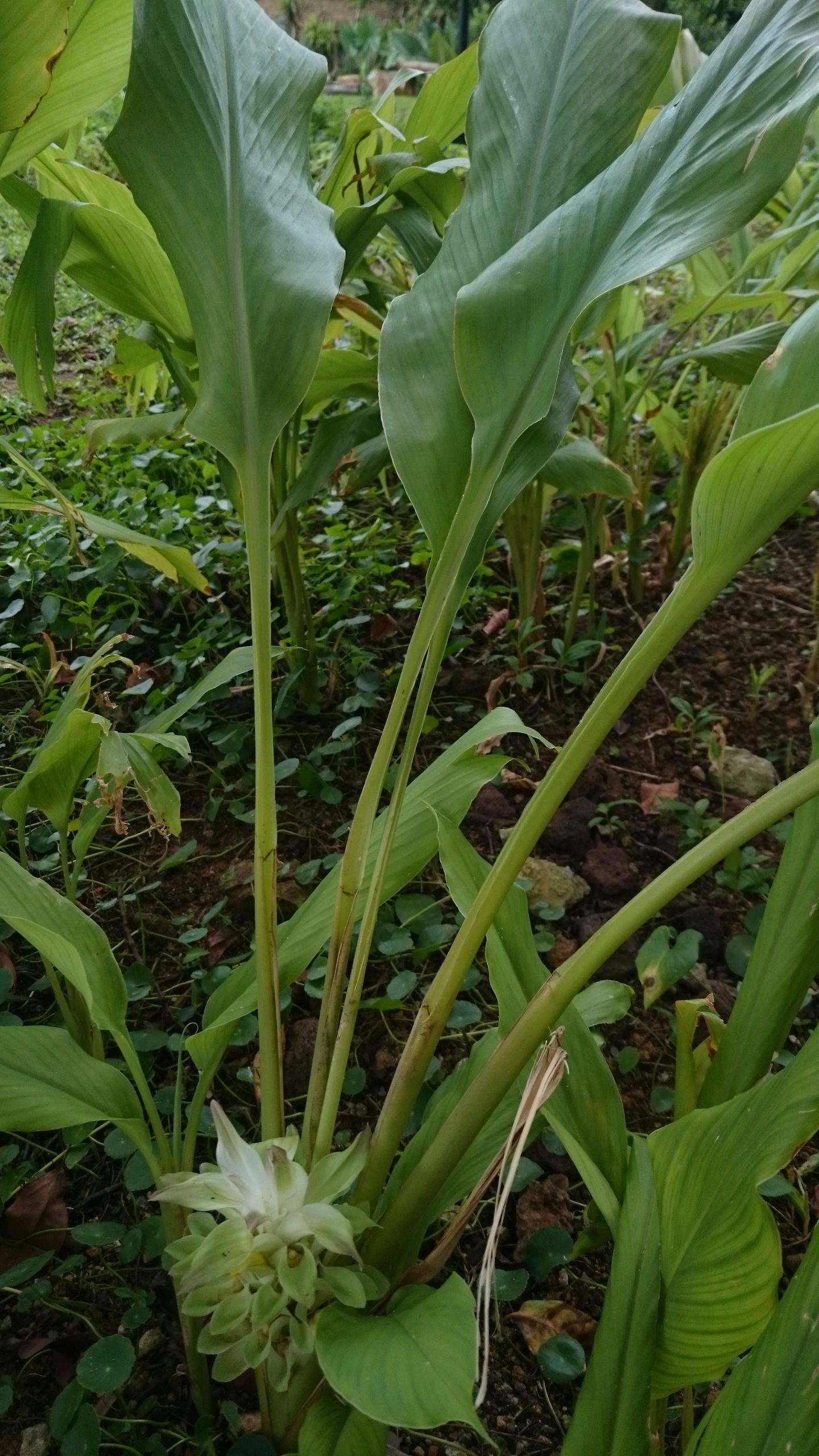
Introduction
Dandruff is a common scalp condition that many people grapple with. These white, flaky particles can be a source of embarrassment and discomfort. But what causes dandruff? While there are many factors, in this article, we’ll delve into the relationship between dandruff and two prevalent skin conditions: psoriasis and eczema.
Psoriasis and Dandruff
What is Psoriasis?
Psoriasis is an autoimmune condition that speeds up the life cycle of skin cells. This rapid turnover results in the build-up of cells on the skin’s surface, leading to red patches and scales. When it affects the scalp, it’s known as scalp psoriasis.
Does Psoriasis Cause Dandruff?
Yes, scalp psoriasis can manifest as silvery-white scales that resemble dandruff. However, there are differences. Dandruff flakes tend to be smaller and less oily, while the scales from psoriasis are thicker and may cover the entire scalp. The itching associated with scalp psoriasis can also be more intense than regular dandruff.
For those dealing with this condition, it’s crucial to understand the nuances and get the right treatment. Our detailed guide on “Nizoral, T/Gel, Selsun Blue: Battling Psoriasis and Dandruff” offers insights on managing these symptoms effectively.
Eczema and Dandruff
What is Eczema?
Eczema, also known as atopic dermatitis, is a condition that makes the skin red, itchy, and inflamed. It can occur anywhere on the body, but when it’s on the scalp, it can lead to symptoms resembling dandruff.
Does Eczema Cause Dandruff?
Eczema on the scalp can indeed lead to flaking, which can be mistaken for dandruff. The skin may become dry, itchy, and scaly. Scratching the itch can lead to flaking, further resembling dandruff. However, the underlying causes and treatments for eczema-induced flaking and regular dandruff are different.
For a deeper dive into the world of eczema and its impact on the scalp, our article “Eczema and Dermatitis: Causes and Coping Mechanisms” provides a comprehensive overview.
Preventive Strategies and Holistic Approaches
Maintaining Scalp Hygiene
Keeping the scalp clean is fundamental. Regular washing with a suitable shampoo can prevent the buildup of skin cells and oils, which could exacerbate conditions like psoriasis and seborrheic dermatitis.
Choosing the Right Shampoo
Select a shampoo that aligns with your scalp condition. Anti-dandruff shampoos can be beneficial for seborrheic dermatitis, while medicated shampoos containing coal tar or salicylic acid can be helpful for psoriasis.
Diet and Nutrition
A diet rich in anti-inflammatory foods, like fruits, vegetables, and omega-3 fatty acids, can be beneficial. Avoiding potential allergens and irritants in your diet might also help in managing eczema and psoriasis. Explore more about the role of diet in managing skin conditions here.
Managing Stress
Stress is a common trigger for all three conditions. Practices like yoga, meditation, and regular exercise can be instrumental in managing stress levels.
Avoiding Harsh Chemicals
Try to avoid the use of harsh hair care products that might irritate the scalp further. Opt for gentle, fragrance-free products whenever possible.
Conclusion: Individualized Care is Key
Every individual’s experience with dandruff, psoriasis, and eczema is unique. Understanding the underlying causes and triggers of your condition, and tailoring your treatment approach accordingly, is essential for effective management. Always consider consulting a dermatologist for a personalized treatment plan based on your specific needs and symptoms.
FAQs
- What are the main differences between dandruff, psoriasis, and eczema on the scalp? Dandruff, psoriasis, and eczema each have distinct characteristics. Dandruff primarily involves flaking and mild itching. Psoriasis leads to thicker, red patches with silvery scales, and eczema causes inflamed, itchy, and irritated skin. Understanding each condition’s unique signs can help in identifying and treating them effectively.
- Can the use of anti-dandruff shampoos help in managing scalp psoriasis and eczema? Anti-dandruff shampoos can be beneficial in managing seborrheic dermatitis (dandruff). For psoriasis and eczema, specialized medicated shampoos containing ingredients like coal tar or salicylic acid are often recommended.
- How does diet influence these scalp conditions? Diet plays a role in managing inflammation in the body. Consuming a diet rich in anti-inflammatory foods and avoiding potential allergens can be beneficial in managing symptoms.
- Is stress a common trigger for dandruff, psoriasis, and eczema? Yes, stress can exacerbate all three conditions. Managing stress through practices like yoga and meditation can be part of a holistic approach to managing these skin conditions.
- How often should someone with these conditions wash their hair? The frequency of hair washing depends on the individual and the severity of their condition. Regular cleansing is essential, but it’s also crucial not to over-wash, as it could lead to further irritation.
- Are there natural remedies that can help manage these scalp conditions? Natural remedies, such as aloe vera and tea tree oil, can offer soothing benefits. However, it’s essential to discuss any natural remedies with a healthcare professional to ensure they are appropriate for your condition.
- Can these scalp conditions lead to hair loss? Inflammation from psoriasis and eczema can potentially affect the hair follicles, leading to temporary hair loss. Managing the inflammation effectively can help in preventing hair loss related to these conditions.
- Is it necessary to consult a dermatologist for dandruff, or can it be managed at home? Mild dandruff can often be managed with over-the-counter shampoos and good scalp hygiene. However, persistent or severe dandruff should be evaluated by a dermatologist to rule out other conditions like psoriasis or eczema.
- What role do harsh chemicals in hair care products play in these conditions? Harsh chemicals can irritate the scalp further, potentially worsening conditions like psoriasis and eczema. Choosing gentle, fragrance-free products is generally advisable.
- Can these conditions be completely cured, or only managed? While there’s no definitive cure for psoriasis and eczema, symptoms can often be effectively managed with the right treatment approach. Dandruff management involves controlling its symptoms, and it may recur if treatment is stopped.
Blog Tags
scalp conditions, dandruff, psoriasis, eczema, scalp hygiene, anti-dandruff shampoo, natural remedies, stress management, hair care, dermatologist advice











